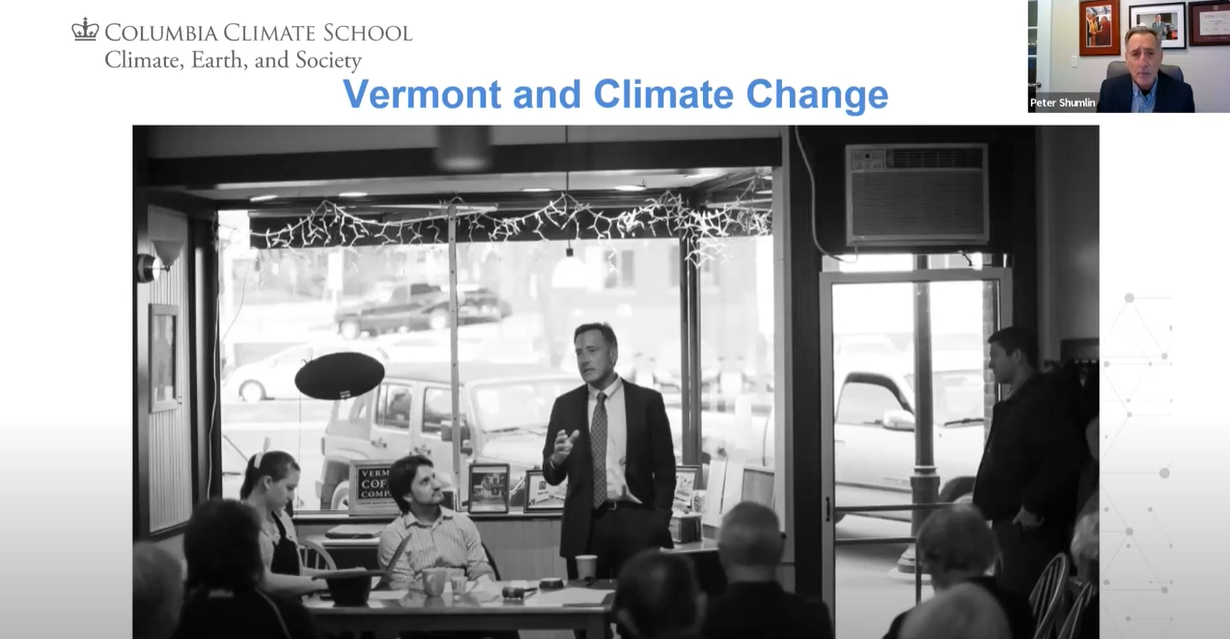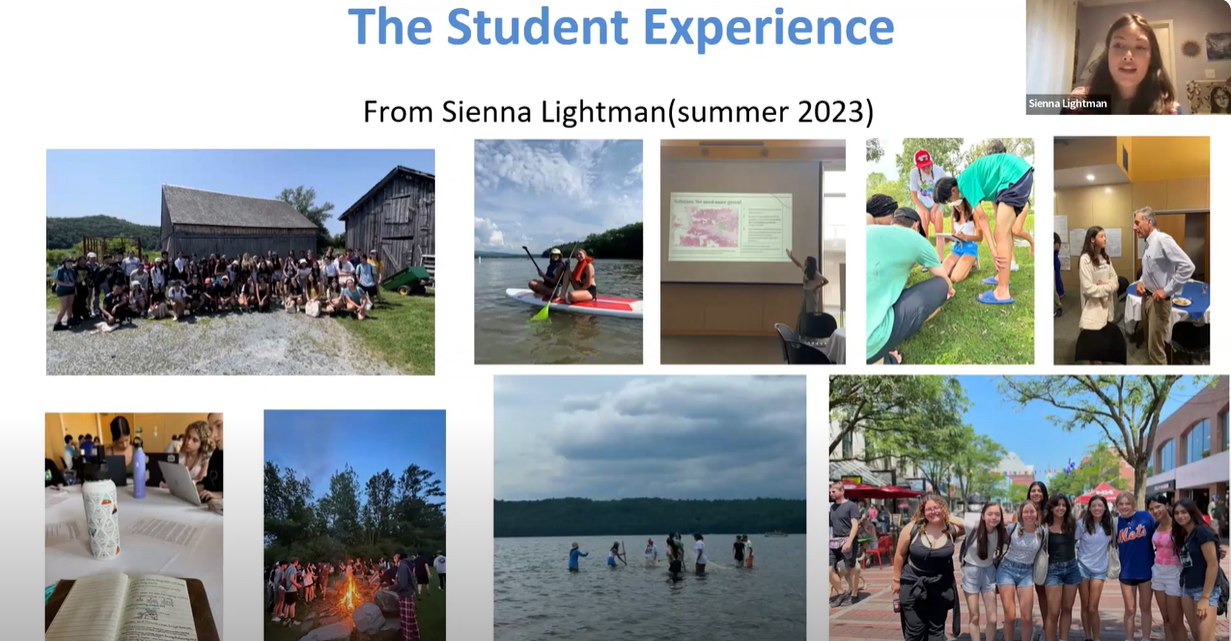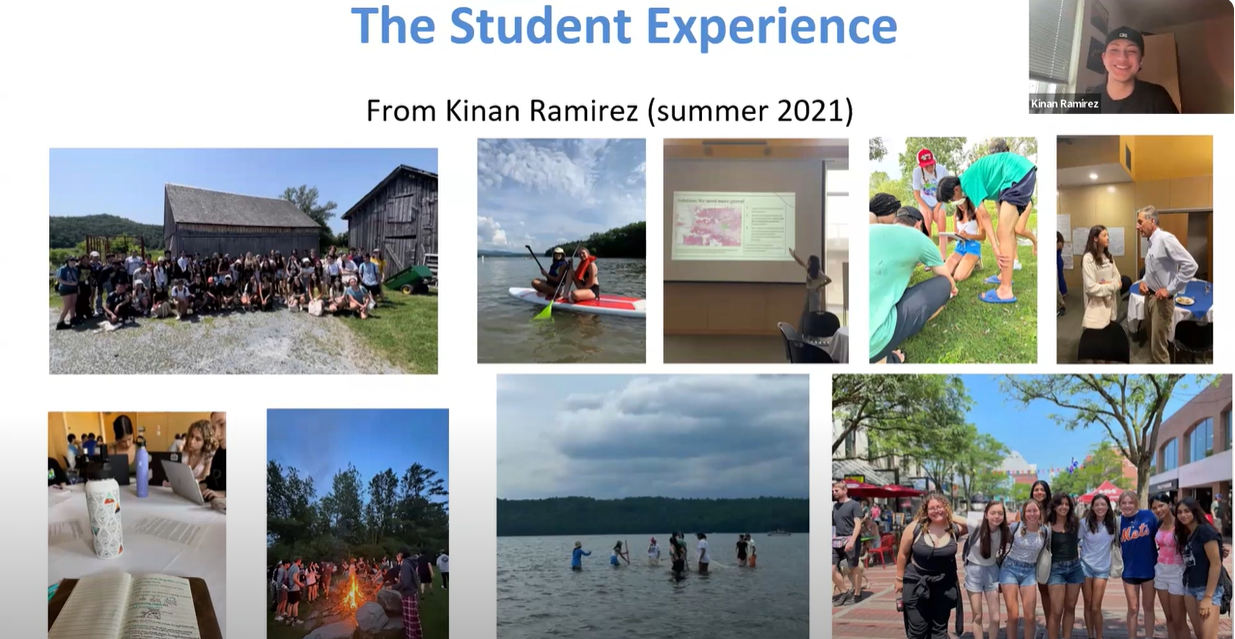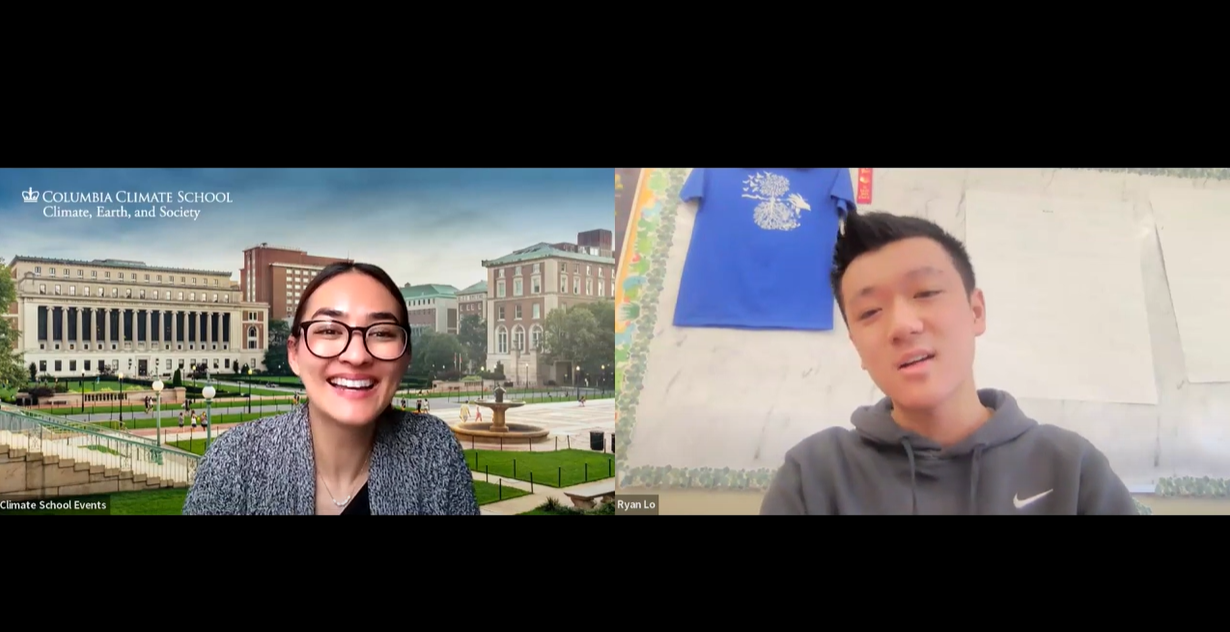Become an Agent of Change by joining the
Columbia Climate School in the Green Mountains
ABOUT THE PROGRAM
June 30 - July 12, 2024 (13 days)
Students in grade 9-12
(and rising 9th grade students)
$6,790 + travel fees
The Columbia Climate School in the Green Mountains, a 2-week campus-based program for high school students in Castleton, Vermont to mobilize action, drive impact, and effect change in response to our warming planet. Engage with experts from Columbia Climate School and learn about cutting-edge innovations in action. Meet, collaborate, and build partnerships with like-minded students and tap into collective strengths for action.
SUMMER PRE-COLLEGE INFORMATION SESSION RECORDINGS
Watch our information session recordings to learn more about the Columbia Climate School's Summer 2024 Pre-College Program: The Columbia Climate School in the Green Mountains.
Each information session has invited guest speakers (listed below) to share about their involvement and experience in the programs.
Guest Speakers:
Peter Shumlin, 81st Governor of Vermont; Co-Director of Putney Student Travel
Miriam Nielsen, Doctoral Student in the Department of Earth and Environmental Sciences at Columbia University & NASA Goddard Institute for Space Studies
Guest Speakers:
Josh DeVincenzo, Senior Project Coordinator & Instructional Designer at the National Center for Disaster Preparedness
Laurel DiSera, Doctoral Student at the International Research Institute for Climate and Society
Sienna Lightman, Columbia Climate School in the Green Mountains 2023 Alumni
Guest Speaker:
Sandra Goldmark, Climate Action Senior Assistant Dean for Interdisciplinary Engagement at the Columbia Climate School & Director of Campus Sustainability & Climate Action at Barnard College
Kinan Ramirez, Columbia Climate School in the Green Mountains 2021 Alumni & Freshman at Columbia University
Guest Speaker:
Martin Dietrich Brauch, Lead Researcher at the Columbia Center on Sustainable Investment
Ryan Lo, Columbia Climate School in the Green Mountains 2023 Alumni
Student Experience
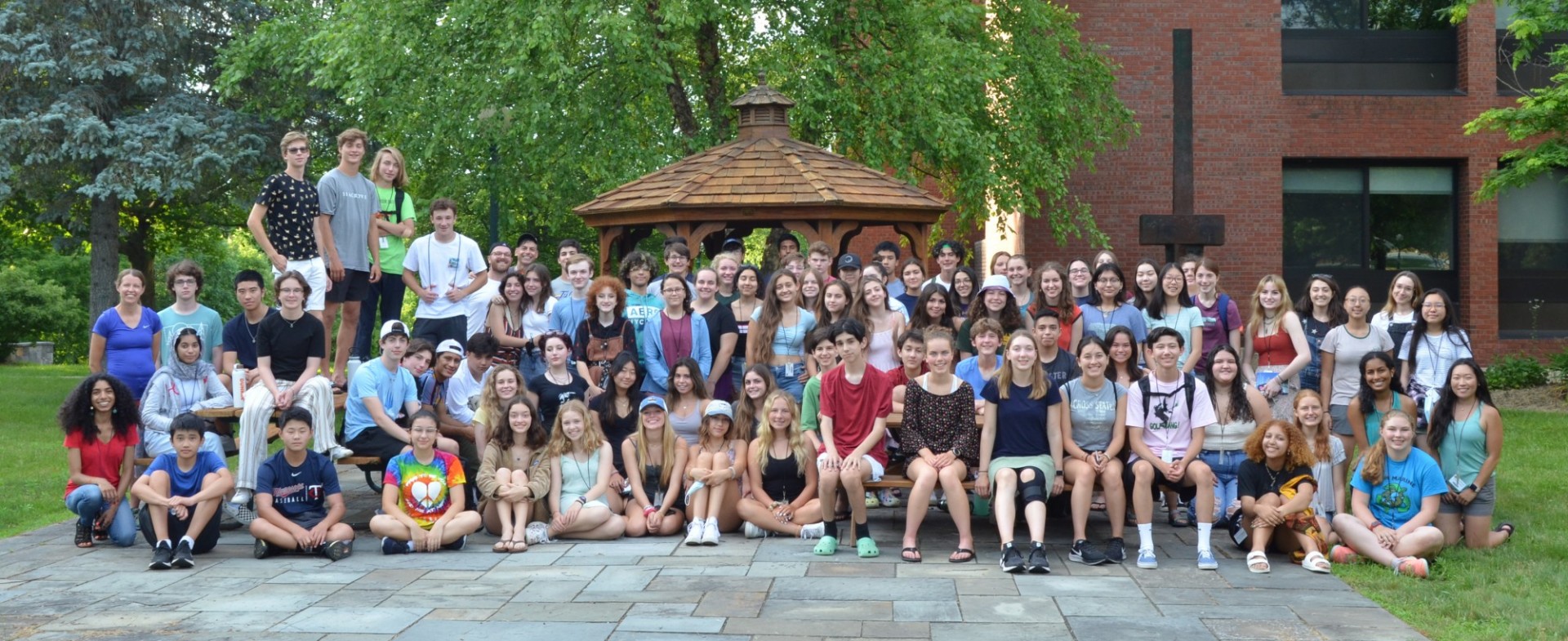
Climate change is one of the defining issues of this century, and it is not only a scientific issue. The impacts are already being felt across our societies and will continue to be unprecedented in scale and impact.
One of the key ways that we can promote dialogue and participate in addressing solutions to the climate crisis is by elevating the voices of those who will be most affected by climate change. We need your participation and engagement in decision-making processes if we are to achieve a just and sustainable future. We will help you learn to impact change through an in-depth exploration of current climate topics and equip you with skills to move towards action.
Over two weeks, the Columbia Climate School in the Green Mountains will take place at Vermont State University’s campus and provide the space and opportunities for high school students to engage, collaborate, and identify solutions.
- The Science of Climate Change - Natural Variability vs. Anthropogenic Change, Climate Projections and Modeling, and Climate Information and Decision-Making
- Climate Impacts and Resilience - Global Processes and Local Impacts, Preparedness and Risk, Recovery and Planning, and Mitigation and Adaptation
- International Climate Policies and Negotiations - Sustainable Development Goals and the Paris Agreement, Decarbonization Pathways and the Energy Transition, Monitoring and Measuring Progress, United Nations Climate Change Conferences, and Global Governance and International Law
- Sustainability and the Circular Economy - Consumerism and Throwaway Culture, Building a Value Chain, New Economic Models and Circular Systems, and Achieving Sustainable Business Practices
- Climate Action & Advocacy - Local Community Impacts, Strategic Communication, and Youth Roles and Action
This two-week trans-disciplinary program led by Columbia Climate School faculty and researchers will encourage learners to consider diverse fields of study within climate and sustainability. Through seminars, small group discussions, field excursions, team-building and networking activities, and final projects, students will discover their own climate passions.
The Green Mountains program will give students direction, allow them to gain skills such as critical thinking and problem-solving, and encourage them to take climate action in their own communities. It will also provide students with an opportunity to engage in cutting-edge climate content with Columbia Climate School experts and prepare for the college experience.
Day 1 Arrival and Welcome
Day 2 Orientation, Climate Activism, the Science of Climate Change Primer
Day 3 The Science of Climate Change, Climate Change Communications & Conversation
Day 4 Climate Modeling & Projections, Climate Change Preparedness Tools and Strategies, Climate Change in Your Community
Day 5 Excursion to Burlington to Learn about Real World Climate Solutions
Day 6 Sustainable Development Goals & the Paris Agreement, Decarbonization Pathways
Day 7 Decarbonization: Global Governance and International Law
Day 8 Excursion to Lake George to Learn about Climate Impacts with the Darrin Freshwater Institute
Day 9 Climate Change Policy & Negotiations, Introduction to Circular Economy
Day 10 Linear to Circular, Connections to Circularity
Day 11 Empowering You(th) for Change
Day 12 Student Climate Action Plan Presentations & Celebrations
Day 13 Departure
This schedule is subject to change.
Explore these blogs to learn more about the group’s experiences through written updates, photos, and stories from our leaders and students in the Green Mountain Program.
Putney Student Travel Blogs:
- 2023 Columbia Climate School in the Green Mountains
- 2022 Columbia Climate School in the Green Mountains
- 2021 Columbia Climate School in the Green Mountains
Columbia Climate School State of the Planet Blogs:
- Meet Two Instructors of the Columbia Climate School in the Green Mountains Program
- Columbia Climate School in the Green Mountains: Summer 2022 Students Share Their Experiences
- What it's Like at Columbia Climate School in the Green Mountains
- Columbia Climate School Goes to the Green Mountains
Student Impact:
“From all the lectures, activities, and overall experience at this program, I definitely feel much more knowledgeable on climate change as a whole, ranging from how to have difficult climate conversations with other people all the way to how real life climate negotiations work. It also allowed me to meet and be immersed into a whole community of like-minded people who have the same desires and goals to help combat climate change.'
Columbia Climate School Experts
The Columbia Climate School in the Green Mountains program is led by faculty, staff, and researchers at the School who are experts in their field.
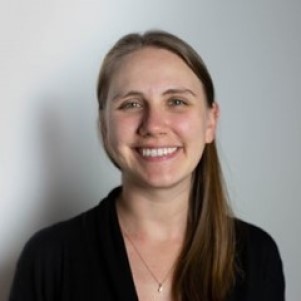
Laurel DiSera is interested in understanding how climate impacts society, especially in Latin America. She holds an MA in Climate and Society from Columbia University and, through the program, spent time in Guatemala working with the Adapting Agriculture to Climate Today, for Tomorrow Project (ACToday), the first of the Columbia World Projects. There, she strived to increase climate communication throughout the country, specifically with locals in rural regions, and she analyzed the network of those who currently participate in the climate and food security conversation in Guatemala.
Now at the International Research Institute for Climate and Society at the Columbia Climate School, Laurel is researching how Aedes-borne diseases in the Americas and worldwide are impacted by climate. She is focused on assessing and improving the skill of Subseasonal to Seasonal (S2S) forecasts and how these models can be used by decision makers to improve the livelihoods of their constituents. In the coming years, she hopes to focus on cross timescale interference to enhance S2S forecasting and beyond.
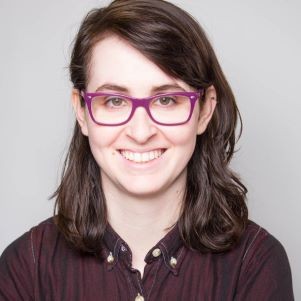
Miriam Nielsen studies compound hydrological extremes as a PhD student in Earth and Environmental Sciences at Columbia University and NASA Goddard Institute for Space Studies. She is interested in how severe hazards will change under warming and the vulnerability of people and ecosystems to these changes. She uses large-scale climate datasets and model simulations to investigate regional climate and ecosystem dynamics related to precipitation and drought. Miriam also creates online educational videos about climate change and environmental advocacy. She has a BA in Environmental Studies at Middlebury College and a MA in Climate and Society from Columbia University Graduate School of Arts and Sciences.
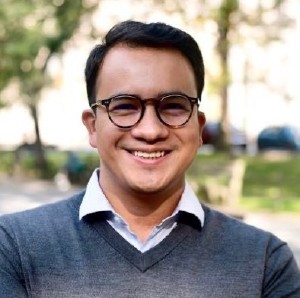
Josh DeVincenzo is a Senior Project Coordinator/Instructional Designer at the National Center for Disaster Preparedness, Columbia University. His focus is on developing learning experiences associated with FEMA training projects that navigate housing and economic recovery. He has developed instructor-led and web-based curricula regarding financial literacy, economic impact analysis, and community partnerships.
Prior to working at the NCDP, Josh worked as the Learning & Development Specialist at Fifth Third Bank in their Learning Solutions and Technology division. He hopes to create accessible and quality educational programming that benefits the common good at scale. He holds a master’s degree in Education Policy, Organization and Leadership from the University of Illinois at Urbana – Champaign and is currently a doctoral student of Adult Learning and Leadership at Teachers College, Columbia University.
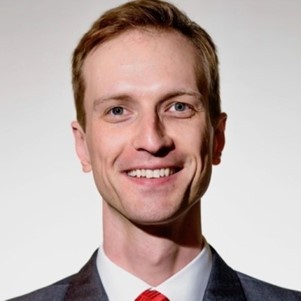
Martin Dietrich Brauch conducts economic and legal research, training, and advisory work at the Columbia Center on Sustainable Investment. He focuses on extractive industry investments in the context of sustainable development and the zero-carbon transition, and he leads the Center’s cross-cutting work on climate investment policy. His expertise also extends to investment law and policy, among other areas of international economic governance. He has worked extensively with developing countries, speaking English, French, Portuguese, and Spanish.
Prior to joining CCSI, he worked as international law advisor at a global think tank, in-house counsel at a media conglomerate, and associate attorney at a boutique law firm. As a graduate student, he undertook a legal internship at United Nations Climate Change. He received a B.A. in Economics, a Bachelor of Laws, and a specialization certificate in Environmental Law from the Federal University of Pelotas, Brazil. He holds an LL.M. in International Legal Studies from NYU School of Law, where he was an IILJ International Law Fellow.
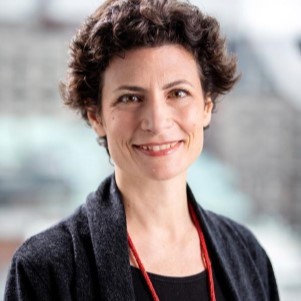
Sandra Goldmark is a designer and professor whose work focuses on the circular economy and interdisciplinary climate strategies. Sandra is the Director of Sustainability and Climate Action and an Associate Professor of Professional Practice at Barnard College, and Senior Assistant Dean for Interdisciplinary Engagement at the Columbia Climate School. Sandra teaches courses in sustainable design, circularity, and climate.
From 2013-2019, Sandra founded and operated Fixup, a social enterprise repair service dedicated to healthy and circular patterns of consumption. Sandra is a co-creator of the Sustainable Production Toolkit, a free climate action and sustainability resource for performing arts organizations, and serves on the Board of the Hudson Valley Shakespeare Festival. Her work has been featured in The New York Times, The Wall Street Journal, MSNBC, the BBC, The Sunday Times of London, The Daily News, Salon.com, and many more. A graduate of Harvard College and Yale University, Sandra is the author of Fixation: How to Have Stuff without Breaking the Planet.
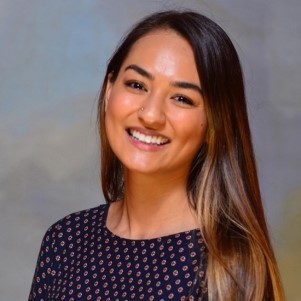
Laurel Zaima-Sheehy is the Assistant Director of K12 and Continuing Education at the Columbia Climate School. Laurel has substantial experience working with youth, teaching students through informal education about the natural environment through hands-on experiences. As an educator, Laurel works on education initiatives that communicate topics of sustainability, climate change, sea level rise, and climate action to the general public, K12 and undergraduate students, and formal and informal educators. Laurel has led and advised high school and undergraduate students through a variety of summer research opportunities including the Secondary School Field Research Program (SSFRP) and Next Generation of Hudson River Educators Program. Laurel has a BS in Marine Science and Biology from the University of Miami and a MS in Sustainability Science from Columbia University.
Become a Putney Student Travel Instructor
Experienced educators interested in teaching at the Columbia Climate School in the Green Mountains are invited to apply through Putney Student Travel. Please click here to read about our instructors, leadership requirements, and to begin the instructor application!
Sign up for our mailing list to receive updates about the Columbia Climate School in the Green Mountains.
Questions?
Have questions about the Columbia Climate School program content or faculty?
Email us at [email protected]
Have questions about the application process?
Call Putney Student Travel at 802-387-5000 or email us at [email protected]


